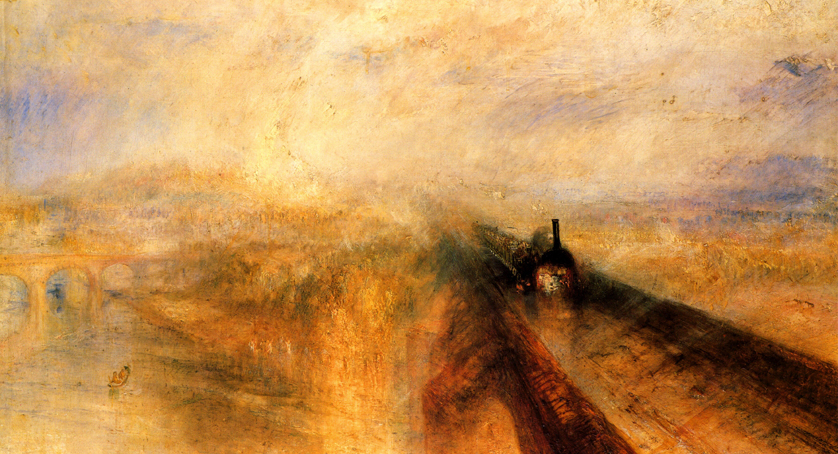Critique, Creativity, Innovation

Summary
This project focuses on the exchanges between critique and creativity, which during the long eighteenth-century become the dominant modes of modern thinking, through which our sense of ourselves and our transactions with the world are in large part shaped. It uses this historical context to provide a rich pre-history of the present – recontextualising and in so doing defamiliarising terms often taken for granted. On the one hand: ‘knowledge economy’; ‘creative economy’ (Landry, Florida, et al); ‘entrepreneur’ (Schumpeter); ‘creative class’, and ‘creative institutions’, amongst many others. And, on the other hand, reason, context, truth, objectivity, suspicion, but also regimes of truth, instrumental reason, artificial intelligence, and so on.
Our key terms are crucial to the traditional humanities, such as literary studies, theatre studies, art history, and philosophy, where they define the objects and methodologies of these disciplines – in particular through the notion of the Human. They reappear again in newer academic disciplinary-formations, such as creative writing, creative arts, screen studies, cultural studies, and arts management, which engage more pragmatically with the contemporary, through notions of creative economies and creative industries. And, of course, a wide range of cognate terms play key roles and have long histories in non-European cultures, which push us to see European understandings of these terms in new light.
In this context, ‘Critique, Creativity, Innovation’ proceeds from the following assumptions. First, that the old, new, and non-European humanities can learn a lot by collaborating with each other. Second, that this constellation of disciplines makes it possible to engage with developments that are transforming understandings of both critique and creativity – in business, neurobiology, politics, and education. And third, that with these collaborations and engagements we will be able productively to participate in contemporary debates about identity, education, knowledge, entrepreneurship, and the humanities, where the question at the centre of this theme can be answered, namely ‘What can we make of critique and creativity today?’
Investigators
Professor Peter Otto (University of Melbourne)
Associate Professor Clara Tuite (University of Melbourne)
Themes related to this project
Research projects
- Architectures of Imagination: Bodies, Buildings, Fictions, and Worlds
- Azuchi Screens Research Network
- Beyond Identity: Romanticism and Decreation
- British Romanticism and colonial modernity in India, 1780-1840
- Climate Science Denialism and its populist Analogs
- Critique, Creativity, Innovation
- Extremism and the Australian Imaginary
- Gothic Fictions: Emotion, Contagion, and the Transformation of Experience in Modernity
- Human Kind: transforming identity in Australian and British portraits 1700-1900
- Islam and the Left in Indonesia and Turkey
- Kenzaburo Ōe and William Blake: Modernity, Romanticism, Japan
- Literary Romanticism and the Media of Romantic Love
- Natural Born Subjects: A Cultural History of Naturalization in Britain and the Australian Colonies, 1660-1850
- New tastemakers and Australia's post-digital literary culture
- Observation and Analogy in Enlightenment and Romantic Natural History
- Reconstructing museum specimen data through the pathways of global commerce
- Regency Flash: Britain, Ireland and Australia, 1788-1848
- Romantic Worlding
- The Butterfly Men of Kuranda: natural history dealers in the 'deep north'
- The George Lyell Collection
- The Past and Present of Sugar
- The Pasts and Futures of Virtual Reality
- Theorising the online anti-public sphere
- War-Widow, Mother, Slave, Refugee: Andromache in Romantic Europe
- William Blake and the History of Imagination: Poetry, Prophecy, and Secularization
- World Literatures, Theatres and Cultures research network